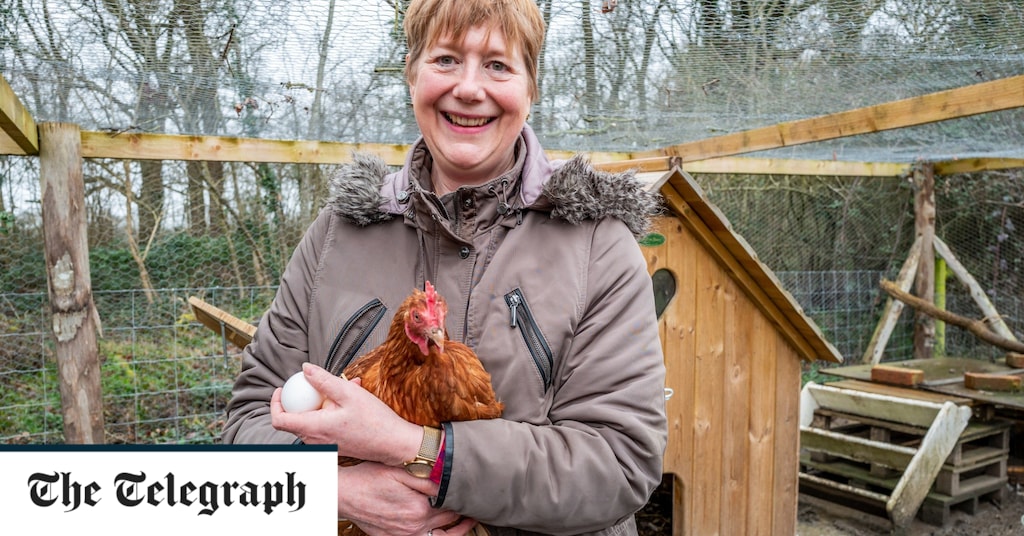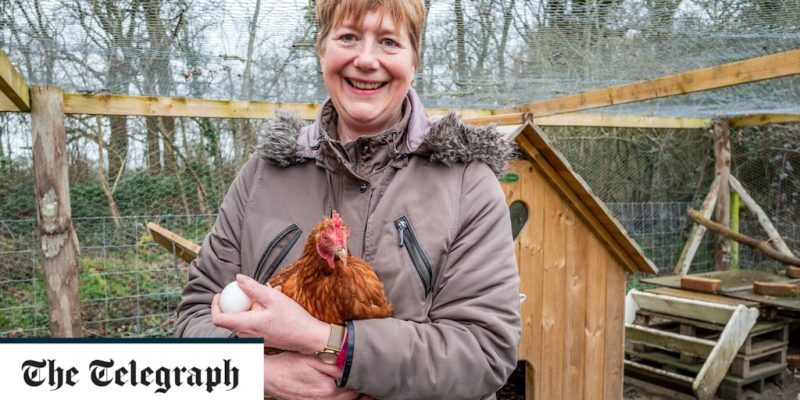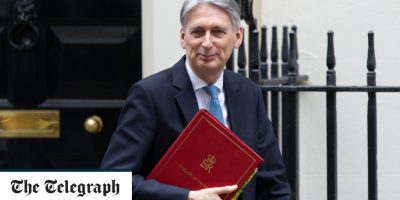Millions of people have taken advantage of the tax breaks offered by Isas in the past two decades. At first it was a simple vehicle for people to save their cash or invest without fearing the clutches of the taxman.
But today, as the Isa approaches its 21st birthday, there are a wide range of accounts available that also allow users to save for a first home, plan for their retirement, start a nest egg for their children or turn their hand to peer-to-peer investing.
For some, the love affair with tax-free saving started long before the Isa was even invented. Caroline Instance, of West Sussex, was among those who opened a personal equity plan, the forerunner to the Isa, when it was created by Nigel Lawson, the chancellor at the time, in 1986.
When Labour chancellor Gordon Brown launched the Isa in 1999, Mrs Instance was among the first people to sign up, moving her stocks and shares personal equity plan into its new equivalent.
Fast-forward to today and Mrs Instance, now 62, has taken out virtually every type of Isa for herself, her partner and her family.
"I have always thought they were tax beneficial and a relatively easy way of saving," she said. "I am also a firm believer that you should spread your cash around rather than stick with one company, so I took out a cash Isa with the Co-op Bank and got a stocks and shares Isa with Legal & General. You might as well have one of each if you can."
She opens new accounts regularly and her latest addition was a stocks and shares Isa with the Foresters Friendly Society. But Mrs Instance, a charity trustee and district councillor, has also taken charge of her family’s finances.
She has helped her son and three daughters take out Lifetime Isas, which can be used to buy a first home or save for retirement and are topped up by a 25pc government bonus of up to £1,000 a year.
"For young people starting their journey towards owning a house, it’s a lot more difficult than in my day," she said. "So I suggested the Lifetime Isa to them and we were able to give them a contribution to start them off. Anything with a government bonus is a good way of starting. My son only had it a year before he cashed it in, but my three girls are still saving."
Caroline Instance and some of her Isa paperwork
Credit: Andrew Hasson
She also encouraged her sister to open a Junior Isa on behalf of her own daughter, which the whole family, including Mrs Instance, is able to pay into. She said Junior Isas helped young people learn how to save.
"If you drop a little bit into their savings, when they are older they can understand the value of money and drip-feed cash into their own," she said.
However, Mrs Instance is concerned that the growing number of available Isas is confusing the market and eroding the simple attraction of these accounts – saving tax-free. She believes that the innovative finance Isa, which launched in April 2016 and allows savers to invest in peer-to-peer schemes, is a step too far for ordinary savers.
"It is starting to get too complex," she warned. "Unless you are a very sophisticated investor, I would keep clear."
Andrew Hagger of MoneyComms, a personal finance analyst, said he was concerned that the appeal of the Isa was being diluted.
"Isa has become an overused term and attached to too many schemes with very different rules," he said. "This has undoubtedly weakened the Isa brand and caused confusion among savers, some of whom will end up doing nothing because they don’t know which option to choose."
He said that investment Isas should only be used for those investing their money for the long term. "Stocks and shares have outperformed cash over the medium to long term but be prepared for potential volatile price movements, as we’re seeing at present with the coronavirus issue," he added.
Mr Hagger encouraged savers to ensure that they have a safety net of cash savings to cover emergencies, enough to cover between three and six months’ salary.
Money Newsletter REFERRAL (Article)
Mrs Instance said saving into an Isa was also a useful way to stop her dipping into her savings unnecessarily. "It’s an extra reason to save, knowing you have that tax advantage," she said. "It makes you more reluctant to take money out, as you know you’ll lose the tax break.
"I’m now of an age that I’m in more of a spending mode than a saving mode, but if I do have excess cash in a particular month I pay it into my Isa."
What advice does this super-saver have for others? "I would say start with a cash Isa first," Mrs Instance said. "Try and get into a habit. Have fewer shop-bought lattes and get used to saving regularly."
























Comments